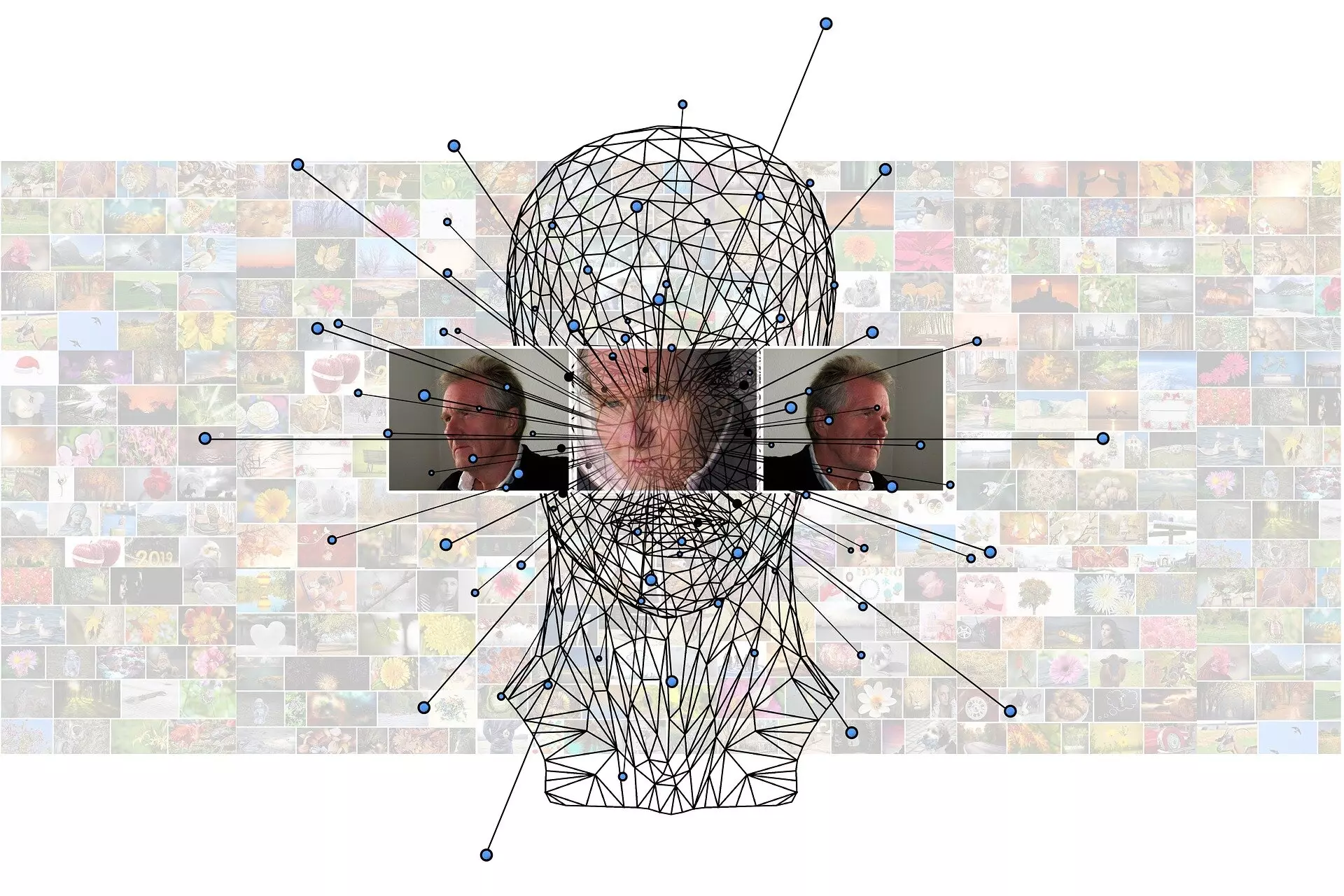In a groundbreaking study based on data from a game show back in 2002, a researcher from Virginia Commonwealth University has unlocked the key to detecting deception. Xunyu Chen, an assistant professor in the Department of Information Systems at VCU’s School of Business, believes that human behaviors are a treasure trove of cues that indicate either deception or trust. By harnessing the power of artificial intelligence techniques such as machine learning and deep learning, Chen has successfully developed a computer program that can analyze and interpret these cues for better decision-making.
The research conducted by Chen and his team delves into the realm of high-stakes deception and trust by utilizing a unique dataset obtained from an American game show called “Friend or Foe?” This game show, which is structured around the concept of the prisoner’s dilemma from game theory, offers insights into how individuals can either collaborate for mutual benefit or betray each other for personal gain. Traditional lab experiments often fall short in capturing the complexities of high-stakes deception, as they lack the realism and generalizability found in real-world scenarios such as game shows.
Through their analysis of the data from “Friend or Foe?” Chen and his team have identified a myriad of behavioral indicators that point towards deception and trust in high-stakes decision-making situations. These indicators, ranging from facial expressions to verbal cues to movement patterns, serve as valuable predictors of deceptive behavior. Chen envisions the development of an automated deception detector based on these findings, which could accurately forecast instances of deception with remarkable precision.
The implications of this research extend far beyond the realm of game shows. By shedding light on the intricacies of human behavior in high-stakes scenarios, such as presidential debates, business negotiations, and court trials, Chen’s work opens up new possibilities for predicting deception and safeguarding one’s interests. Researchers and practitioners alike can leverage the insights gained from this study to enhance their understanding of deceptive practices and trust dynamics in critical situations.
The fusion of artificial intelligence and behavioral analysis has paved the way for a groundbreaking approach to detecting deception. Chen’s work represents a significant step forward in unraveling the mysteries of human behavior, offering a glimpse into a future where technology can be harnessed to protect against deceit and manipulation.


Leave a Reply